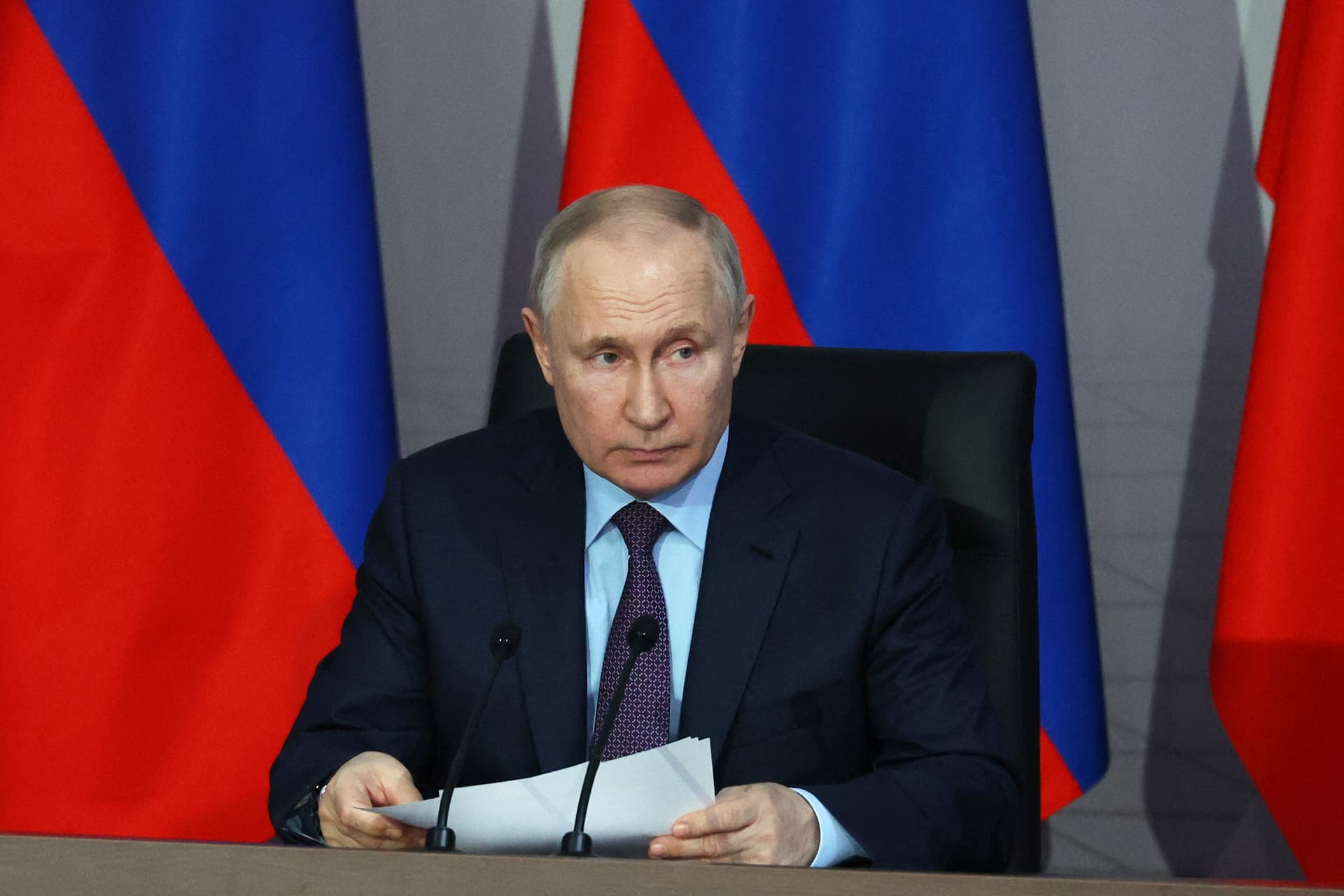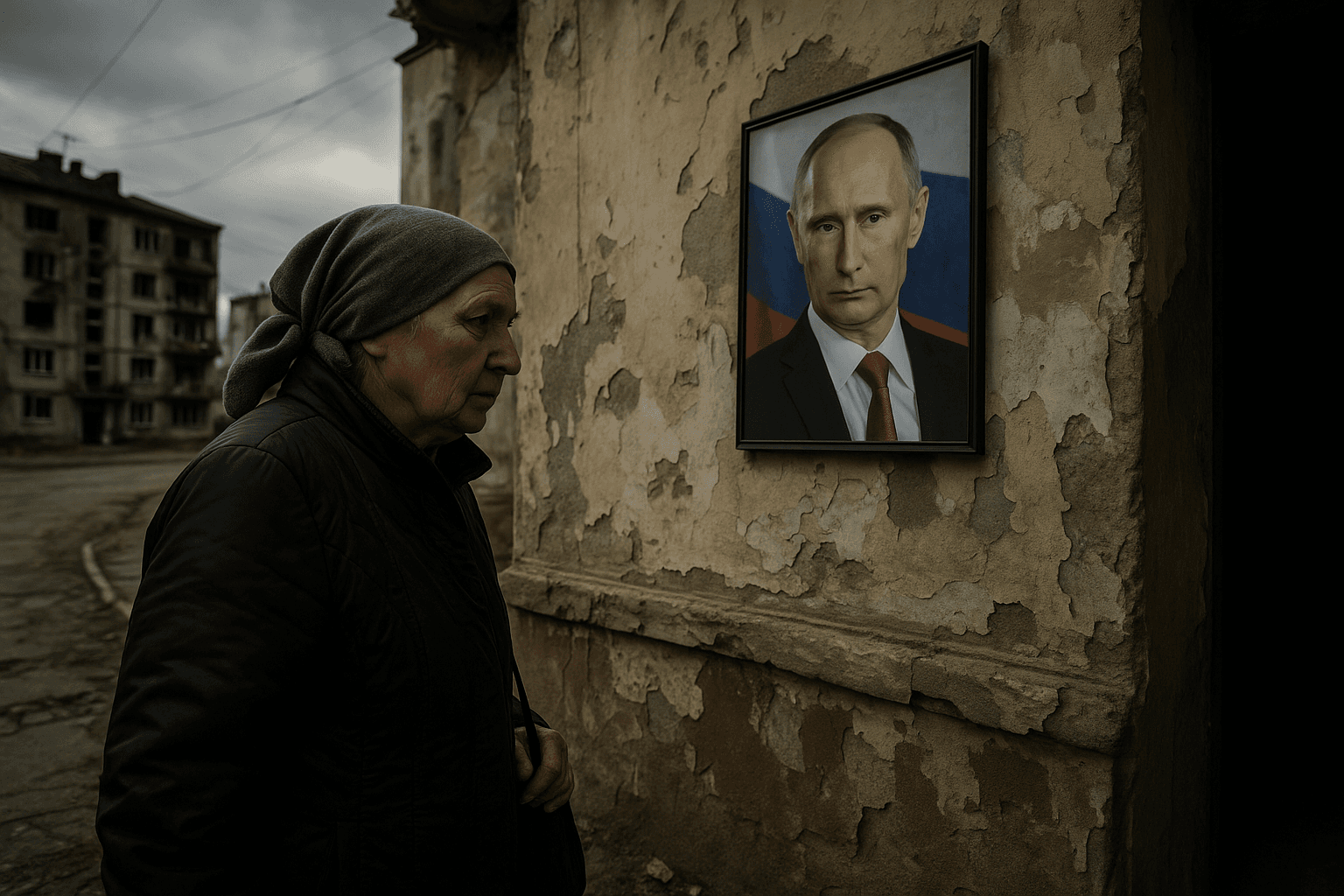Putin orders consolidation of Russian identity in annexed Ukrainian regions
President Vladimir Putin signs a decree unveiling a national policy strategy that aims to deepen Russian civic identity and the use of the Russian language in territories Moscow incorporated from Ukraine since 2022, a move that raises alarms about forced assimilation and legal status under international law. The policy sets a goal that no less than 95 percent of residents should identify as Russian by 2036, a target likely to intensify tensions in areas where Moscow lacks full control and where language usage has already shifted since the invasion.

President Vladimir Putin signs a presidential decree publishing a new Strategy of Russia's national policy in the period to 2036, directing authorities to promote a unified Russian civic identity and to expand the use of the Russian language in territories Moscow incorporated from Ukraine after 2022. The document, which is due to come into force in January 2026, sets an explicit benchmark that by 2036 no less than 95 percent of the population should identify as Russian.
The decree frames state action to "adopt additional measures to strengthen overall Russian civic identity," to entrench use of Russian and to counter "efforts by unfriendly foreign states to destabilise" inter ethnic relations, according to the text published by the Kremlin. The regions named by Moscow as incorporated after the 2022 invasion include Donetsk, Luhansk, Kherson and Zaporizhzhia. Authorities in Kyiv and Western capitals do not recognise the annexations, and the strategy is likely to be interpreted abroad as a formalisation of assimilation policies in occupied or contested territory.
The timing and the 95 percent target underline a shift from military and geopolitical aims toward an explicit program of social and cultural consolidation. Analysts say such objectives can amount to demographic engineering when pursued through administrative pressure on identity registers, schooling, media and public life. The policy comes amid evidence that use of Russian has declined in parts of Ukraine since the full scale invasion, and at a moment when Moscow does not exercise full military control over all areas it claims.
Domestically the decree will give federal and regional agencies a policy framework to prioritise language and civic education, media regulation and cultural institutions. Internationally the measures are likely to deepen legal and diplomatic rifts. Under international law the annexations remain widely unrecognised, and efforts to alter the cultural or civic identity of populations in disputed territories could attract further sanctions and scrutiny from human rights bodies.

The strategy also intersects with diplomatic manoeuvres over peace initiatives. Kyiv has signalled caution about U.S. backed efforts to negotiate outcomes, wary that any settlement must protect Ukrainian sovereignty and the rights of communities that do not identify as Russian. For residents of the annexed territories the decree signals intensifying pressure to conform to a Moscow curated national narrative at a time of ongoing conflict and economic disruption.
For Moscow the document is part of a broader effort to reassert control and legitimacy in territories it has claimed. For Kyiv and its Western partners the move crystallises a core dilemma of the conflict. Cultural and linguistic policies are now central battlegrounds, not only for identity but also for the international legal and political contest over the future of these contested regions.


